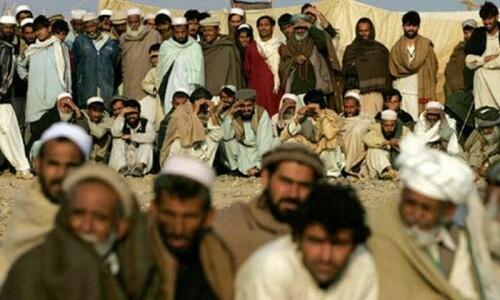
DURING the reign of Mughal Emperor Bahadur Shah Zafar, the East India Company was speedily capturing the states of India. His advisers kept updating him on the situation, but, as the fable goes, he would always say, Dilli hanooz door ast (Dilli is still far away).
Soon Dilli (Delhi) was also captured, the emperor was imprisoned and he lived his remaining life in turmoil until he kicked the bucket. The episode underlines the importance of timely ascertaining the problem and making the right policies accordingly.
Pakistan faces a similar issue. We have rampant corruption in state institutions, but the nation seems least bothered. According to the report published by Transparency International, Pakistan is ranked 140th out of 180 countries in the Corruption Percentage Index (CPI) for the year 2022.
This is a huge jump compared to the year 2020 when it was ranked 124th on the same list. The report said 25 per cent of public service users paid bribes in 2022. The number of unreported bribe-payers would surely be far more than the reported ones.
Not even a single state institution can be claimed to be free of corruption. For instance, tax-collection staffers make millions during each ‘season’, their counterparts in water and power sectors sell equipment and rig meters. Name any area, and there will be people talking about what goes on there and how.
In such circumstances, even if we find honest leaders, which in itself seems to be an impossibility, they will fail to bring about a meaningful change in society when in state agencies those interacting with masses are corrupt to the core.
It is time to take action for the moral training of people, starting at the school level and continuing till university. Moreover, efficient and effective checks and balances should be introduced to maintain discipline among the staff in state institutions.
Published in Dawn, May 17th, 2023













































